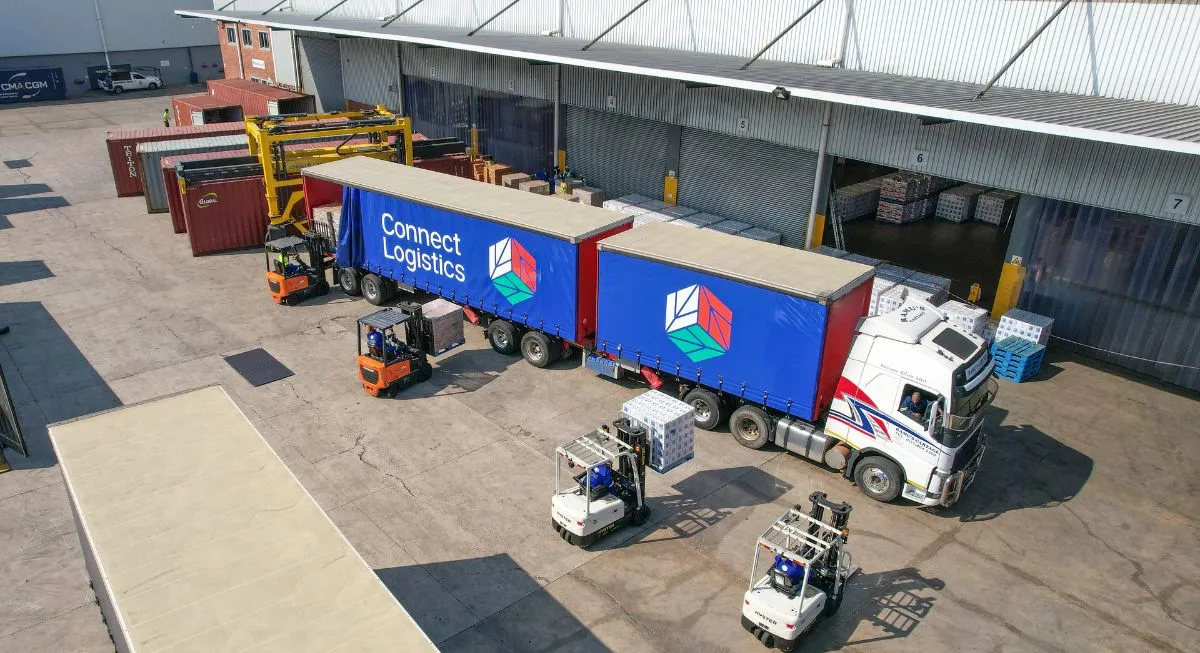The road logistics industry in South Africa is a key pillar of the nation’s economy. With the vast distances between major cities, industrial hubs, and ports, efficient road transport systems are crucial for the movement of goods across the country. However, the sector faces several challenges and opportunities as it prepares for the future. As we approach 2025, a shift in road logistics is not only necessary but inevitable, driven by technological advancements, infrastructure development, and growing environmental concerns.
The Current State of Road Logistics in South Africa
South Africa’s road network spans over 750,000 kilometres, making it one of the largest on the continent. Road freight transport dominates logistics, accounting for over 70% of goods transported within the country. From heavy trucks hauling minerals to food and consumer goods being moved across urban and rural areas, road transport is the backbone of supply chain operations in South Africa.
Key Trends Shaping the Future of Road Logistics
As the sector looks toward 2025, several trends are set to reshape the road logistics landscape in South Africa.
-

Technological Innovations
Technological advancements are paving the way for smarter and more efficient logistics operations. Fleet management systems, GPS tracking, and telematics are already helping logistics companies optimise routes, reduce fuel consumption, and improve overall operational efficiency. By 2025, we expect wider adoption of automation, including the potential for semi-autonomous trucks, which could reduce human error and enhance safety on the roads.
Digital platforms and data analytics will also allow companies to predict and respond to demand more accurately, minimising delays and optimising warehouse-to-road coordination. Blockchain technology may be introduced to enhance transparency in the supply chain, improving security and accountability in freight movement. -






Investment in Infrastructure
South Africa has recognized the need for infrastructure upgrades. Government initiatives, such as the Strategic Integrated Projects (SIPs) and collaborations with private-sector investors, are focusing on upgrading road infrastructure, especially in rural and economically disadvantaged regions. Better roads will not only reduce transport times but also lower vehicle maintenance costs and improve safety conditions.
The integration of multi-modal transport systems—combining road, rail, and ports—will also reduce the reliance on road transport alone, particularly for long-distance freight. By 2025, we may see an increase in investment in railway systems that could relieve pressure on roads, enhancing the overall efficiency of the national transport network.
-






Sustainability and Green Logistics
As global pressure mounts to reduce carbon footprints, the South African logistics industry must embrace sustainability. Electric vehicles (EVs) and hydrogen-powered trucks are on the horizon as potential game-changers. By 2025, we may begin to see a transition toward cleaner fuel alternatives for long-haul trucking.
Logistics companies are also being encouraged to adopt greener practices, such as optimising vehicle loads to reduce unnecessary trips and using eco-friendly tires. Additionally, initiatives like carbon-offset programs could become more common, where companies actively work to reduce their environmental impact by investing in renewable energy projects or tree-planting schemes.
-






Skills Development and Job Creation
The future of road logistics is not only about technology and infrastructure but also about the people who make the industry run. To fully embrace modern logistics solutions, the sector will need to invest in the development of new skills for drivers, fleet managers, and logistics coordinators. By 2025, the demand for skilled workers with expertise in handling advanced fleet management systems, data analytics, and sustainable transport practices will grow.
Moreover, as new logistics hubs and road networks are developed, the sector has the potential to create job opportunities, contributing to economic growth. Upskilling programs will be crucial in ensuring that the workforce is prepared for the changing demands of the industry.
-






Policy and Regulatory Changes
The South African government has been working on policies to support the development of the logistics industry, with a focus on sustainability, safety, and fair competition. By 2025, we can expect more stringent regulations regarding carbon emissions and vehicle safety standards. Policies aimed at reducing congestion, such as time-specific entry restrictions for heavy vehicles in urban areas, might also come into play.
Collaboration between government, industry stakeholders, and logistics companies will be critical in shaping a regulatory environment that supports growth and innovation while maintaining high safety and environmental standards.
The Road to 2025: Opportunities for Growth
The road logistics industry in South Africa is on the verge of a transformation. While challenges like infrastructure deficits, rising costs, and environmental concerns persist, there is immense potential for growth and innovation. By embracing technology, improving infrastructure, fostering sustainability, and developing a skilled workforce, the sector can thrive in the years leading to 2025.
The way forward for road logistics lies in creating a more efficient, sustainable, and resilient system that can meet the demands of a growing economy and an increasingly connected global marketplace. With the right investments and strategies, road logistics in South Africa is poised to drive economic development and contribute to a greener, more efficient future.


